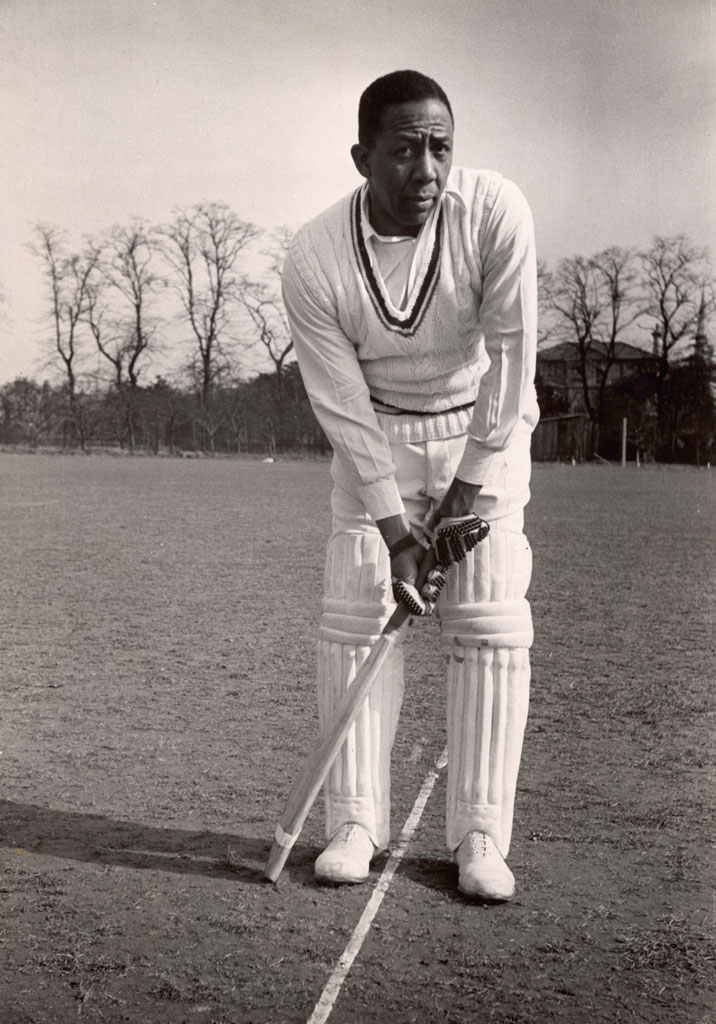
James Wilson revisits the landmark discrimination case of Constantine v Imperial Hotel
One of the best-known discrimination cases in recent years concerned the proprietors of a B&B wanting to impose conditions on the rooms they were prepared to let to guests. In Bull v Hall [2013] UKSC 73, the Supreme Court eventually ruled that the proprietors were not permitted lawfully to refuse to let a room with a double bed to a same-sex couple, despite the proprietors’ sincerely-held religious beliefs about marriage. The ruling was not without controversy, but it was certainly not disputed that as a general proposition people should not be discriminated against on the basis of arbitrary factors such as gender, orientation or race.
Seven decades ago, however, things were rather different. None of the modern legal weapons against such discrimination existed. Thus, when the famous cricketer Learie Constantine was turned away from a hotel during the Second World War for no reason other than the colour of his skin, his remedies at law were much more limited. But he went on to win an important High Court victory nonetheless, establishing an











